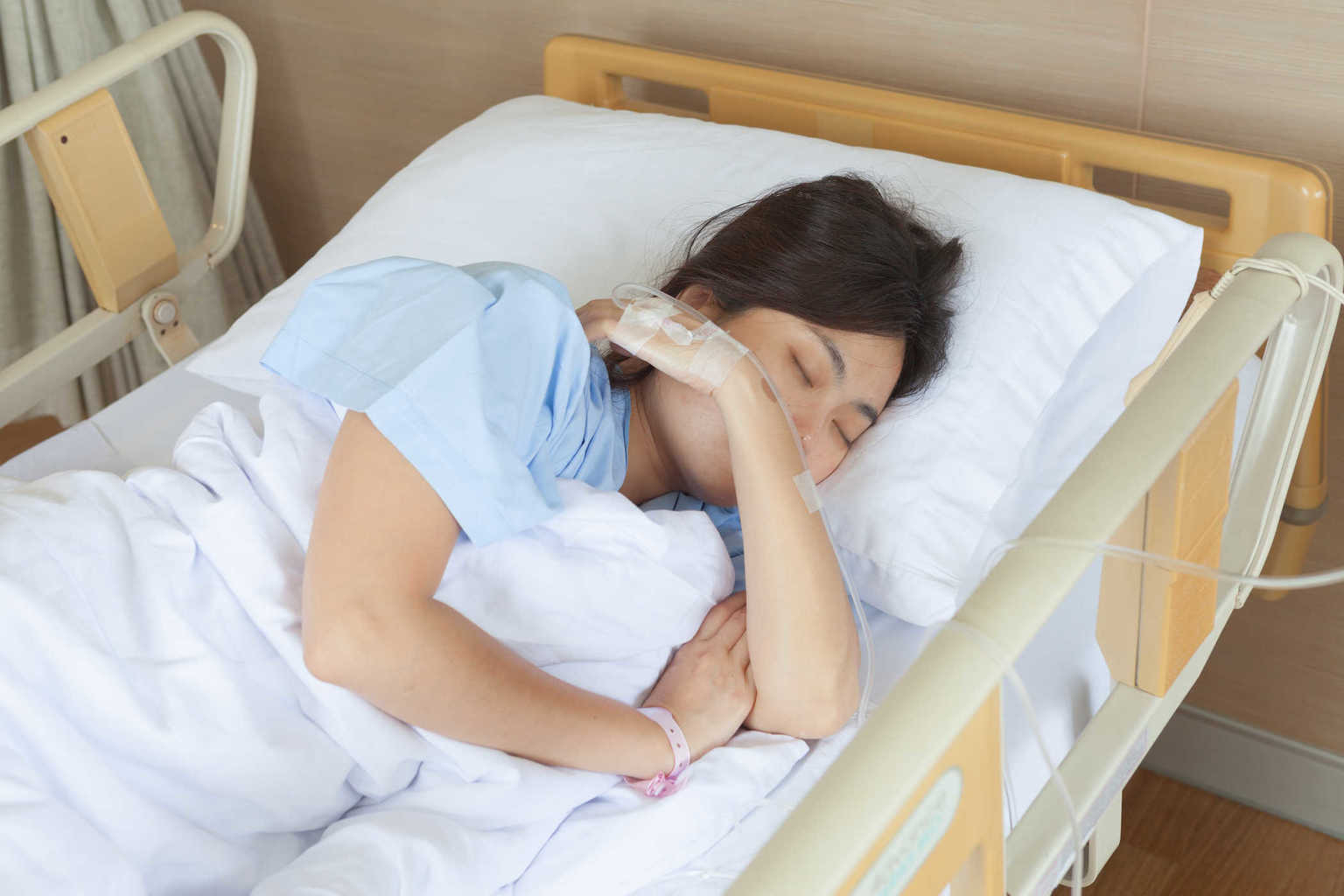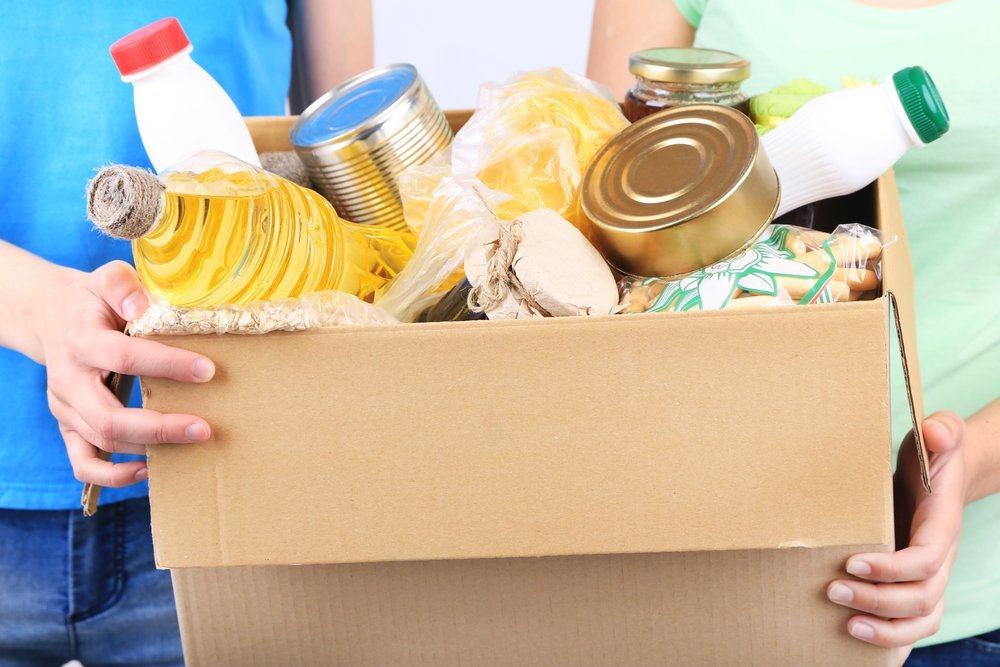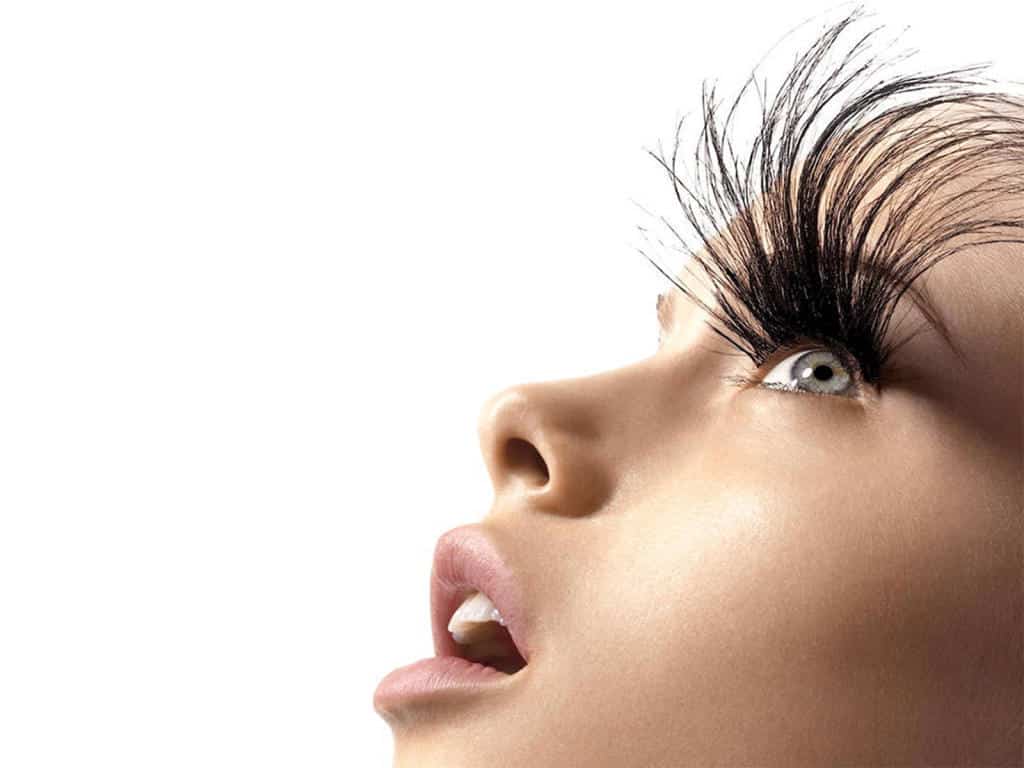Contents:
- Medical Video: Postpartum Depression: What You Need to Know
- How common is postpartum depression?
- How do you recognize postpartum depression symptoms?
- When does this depression usually occur?
- What are the causes of postpartum depression?
- What are the treatments for postpartum depression?
- Counseling
- Antidepressants
- How do I deal with postpartum depression?
- A lot of rest
- Eat healthy and balanced foods
- Sports
- Meet other moms
- Understanding of yourself
- How can a partner, friend or family help me?
- How to prevent postpartum depression?
Medical Video: Postpartum Depression: What You Need to Know
Postnatal depression (PND) or postpartum depression are often difficult to distinguish from baby blues. Baby blues is the condition in which you feel moody, easy to cry, tired, or restless during the first week after giving birth. Usually these things will disappear after a few days.
However, it is different from baby bluesPND is a disease that is difficult to cure without help. The sooner you realize that you have postpartum depression, long-term problems and more severe depression will be easier to avoid.
How common is postpartum depression?
Based on data taken from mothers in the UK, only about 1 in 8 mothers seek help from a doctor due to postpartum depression. In fact, this is fairly common. This figure does not include some women who don't even realize they are depressed.
Postpartum depression is more prone to occur if you have problems in life, such as economic difficulties or problems in marriage relationships.
How do you recognize postpartum depression symptoms?
Depression signs and symptoms vary for each mother. Your friends or family can see these signs before you know it, but you usually feel:
- Sad
- Can not enjoy anything
- Very tired, not energized
- Hopeless
- Guilt
- Loss of appetite
- Suffering
- Easy cry
- Restless
In general, a mother will feel one of the feelings above at a certain time. It's natural to have a nice day and a bad day. However, if you feel these symptoms almost every time and don't improve, you may experience postpartum depression.
When does this depression usually occur?
Postpartum depression usually appears in the first few months after giving birth, around the first 5 weeks. But it can also occur at any time in the first year.
You can feel good about taking care of your baby before depression happens to you. If you feel depressed during pregnancy, the birth of a baby will not help eliminate your depression.
What are the causes of postpartum depression?
Experts do not fully understand why some women experience depression and some women do not. Depression usually occurs due to several reasons and not just for one reason. You can experience depression at the birth of a second baby, even if it doesn't occur at the birth of the first baby, or vice versa.
Sometimes, daily busyness can keep you busy so it's hard to pay attention to yourself like eating or resting. Certain conditions can make it difficult, such as:
- You have experienced depression before, had problems with mental health, or depression in a previous pregnancy.
- You don't have a supportive partner, no friends or family around you.
- You are having financial, work or relationship problems.
- You have difficulty with labor and health problems.
- Your baby is born prematurely or is in a bad condition.
- You have difficulty breastfeeding.
- Sad memories after your baby is born, like the death of one parent.
What are the treatments for postpartum depression?
With help, your situation can improve. The doctor will support you so that you can take good care of yourself and your baby. Convince yourself that experiencing depression does not mean you are a bad mother.
If you experience mild depression, your doctor will suggest strategies to help yourself and recommend books that can help. If you have moderate to severe depression, you can be treated with:
Counseling
Although talking to your spouse or friends can help, maybe they will have difficulty understanding what you are going through.
Doctors can recommend support groups, counselors, or psychotherapists. Doctors can also arrange cognitive behavioral therapy (CBT) or interpersonal therapy (IPT). CBT can teach strategies to deal with depression, and IPT can find out if there are problems with your relationship with others that contribute to the depression you experience.
Unfortunately, this therapy sometimes has a long waiting list. Some communities can introduce you to volunteers who are trained to handle mothers who are postpartum depression.
If your depression is at a severe stage, you will be handled by a mental health team, such as a specialist nurse, psychologist or psychiatrist.
Antidepressants
Antidepressants can balance chemicals in the brain. Antidepressants can increase serotonin levels to improve mood You, help you sleep and make you feel more calm.
Among 5-7 out of 10 women who use antidepressants feel depressive symptoms decrease after 2-4 weeks of treatment.
Antidepressants are not always effective and can usually cause side effects. Although antidepressants are not addictive, but very rarely, a person can experience dependency.
Tricyclic antidepressants (TCAs) are fairly safe for nursing mothers. Normally nortriptyline or imipramine is recommended. Another commonly prescribed antidepressant for PND is selective serotonin reuptake inhibitors (SSRIs), such as:
- Fluoxetine (Prozac)
- Sertraline (Lustral)
- Paroxetine (Seroxat).
Antidepressants can seep into breast milk, even in small amounts. Paroxetine and sertraline are more recommended than fluoxetine for nursing mothers, because the levels of these drugs are less absorbed into breast milk. If your baby looks drowsy or sensitive after you take an antidepressant, contact your doctor.
Many mothers who use antidepressants keep breastfeeding because it can increase self-confidence and strengthen ties with babies. Feeling close to your baby can help eliminate depression.
Consult with a doctor to understand the risks and benefits of antidepressants if you are breastfeeding.
How do I deal with postpartum depression?
A lot of rest
Sleep or rest enough. If someone can take care of your baby for several hours, please listen to soothing music, drink warm drinks, and relax yourself. Take a nap when your baby is sleeping and forget for a moment your activities.
Eat healthy and balanced foods
Eating well is important to replace the energy that you have spent. Avoid not eating for long periods of time, because it can cause a drop in blood sugar. Food can fill energy and strengthen the immune system, and a balanced diet can avoid you from feeling tired.
Sports
Although it may feel lazy to do, exercise can make you feel better. You can take classes in the gym or use personal trainer for your practice.
If it is difficult to get started, try to make goals that are easy to do, such as taking a walk with your baby or taking a yoga or pilates class.
Meet other moms
Having depression can cause you to feel lonely. Joining a baby massage group can bring you to other mothers. This can also strengthen the bond with your baby.
Understanding of yourself
Caring for yourself and your baby is the most important thing. Avoid busy yourself with things that are not important. Make a big decision when your condition improves and think realistically about what you can do. Pamper yourself occasionally.
How can a partner, friend or family help me?
People around you may have difficulty understanding what you feel, but they have an important role to play in helping your recovery. Explain and give information that you know about depression. Your partner may feel depressed too, and understanding how to support you can also make him feel better.
Ask for help from the closest people, because direct support, such as helping with home affairs or preparing food, can help you feel better. Just one hour they help take care of your baby until you can rest, have time alone or with your partner, can help you feel refreshed.
How to prevent postpartum depression?
Not known. Some doctors may prescribe an antidepressant if you are at risk of depression. Estrogen therapy can be considered if you have depression.
Take care of yourself when you are pregnant, reduce stress levels and accept offers of help. The more support during pregnancy, you will feel stronger when your baby is born.
If you have experienced depression or depression during a previous pregnancy, tell your doctor so that you can be immediately given help.
Hello Health Group does not provide medical advice, diagnosis or treatment.












